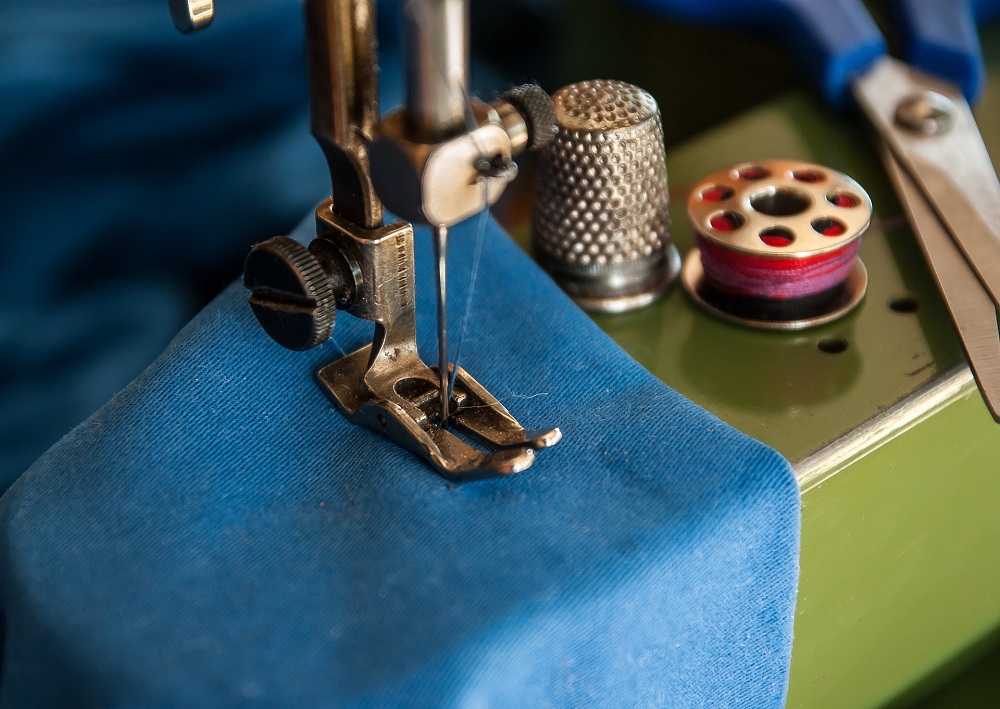
The arts are a necessary part of a child’s upbringing. Thus, it continues to be a part of the country’s education curriculum. However, there has been a long-standing debate between hard science and liberal arts/humanities scholars about the arts’ usefulness when it comes to academic achievement.
Practicing art can lead to success at work and in life, according to One River. Apart from laws requiring art programs to be implemented in every school, an analysis of multiple studies about their effect on student achievement even showed that the former benefitted the latter to some extent. The report, published by the American Institutes for Research, compared the papers they found with the Every Student Succeeds Act’s (ESSA) standards.
The ESSA has four tiers of evidence: Tier 1 (Strong), Tier 2 (Moderate), Tier 3 (Promising), and Tier 4 (Demonstrates a Rationale). Researchers chose to rank studies involving visual arts, dance, drama, and music using these tiers. Here’s what they found out.
Visual Arts: Originality and Better Attitude Towards Work
If you want your child to be more confident in their work, try to have drawing exercises with them. The study found mostly Tier 3 and 4 papers that showed the benefit of visual arts to student performance. It noted a 2007 paper that analyzed the effects of visual arts programs to 9-year-olds in US cities. It found that students who underwent Inner City Arts and The Center of Contemporary Arts programs were more confident and showed more originality in their work (both artistic and non-artistic) than those who didn’t participate.
Dance: Social Competence
Is your kid struggling with socializing? Enroll them in a dance class. The researchers highlighted a study that examined the effects of a creative dance and movement program on the ability of preschool children to socialize effectively. It found that these dance programs increased the social competence of students. It was given a tier III rating because of its effectively designed tests. The authors also mentioned that if it had a bigger sample size (it only surveyed 40 students), it would have received a tier 1 rating.
Drama: Self-control and Getting Along With Others
Even viewing theatre might make kids more tolerant, according to a 2017 study by Greene, et al. The authors had classes of students assigned by lottery to either watch a movie or a live theatre performance of the same story. Respondents were then measured for tolerance and content knowledge. The results showed that students who attended the theatre performance showed higher measures of tolerance and had a better understanding of the plot.
Music: Algebra Skill

Music is a powerful tool for learning. According to this review, it might even sharpen a child’s math skills. The researchers compiled over 50 papers that had Tier 2 – 4 evidence. The only paper that got a tier 2 rating compared the algebra achievement of students who received formal instrumental or choral music training and those who didn’t. The study took samples from six school districts in Maryland. Its authors found that respondents who practiced music significantly outperformed those who didn’t when it came to algebra.
It’s important to note that while these studies find interesting links, they do not claim direct causation. While the hows and whys might not be covered just yet, it’s hard to deny that exposure to the arts might have a positive effect on a child’s academic and social development.
So if your kid has a penchant for drawing, dancing, or theatre, give them all the support they need. It will always be worth seeing them achieve better grades and more friends while doing what they love.



